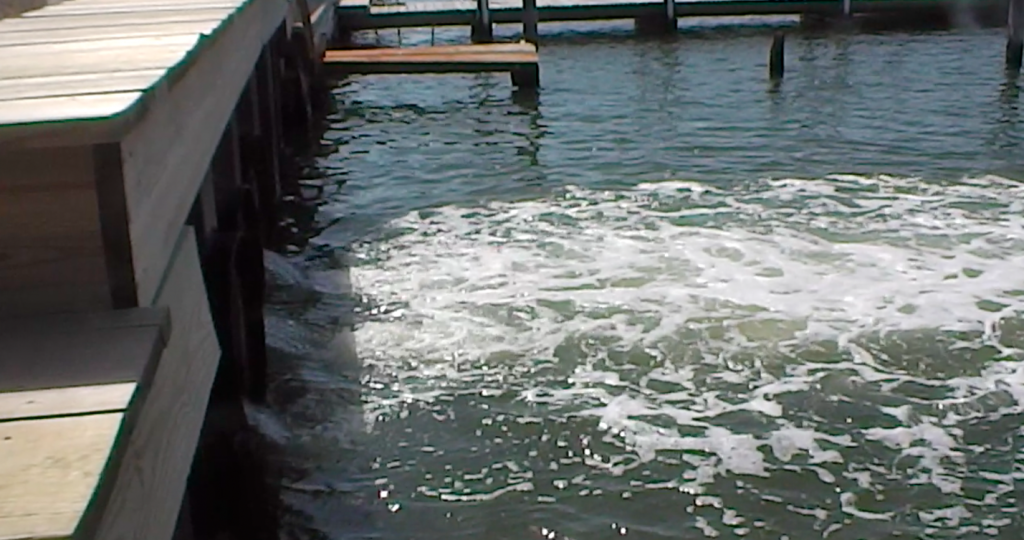New Jersey has found itself as the butt of political jokes this week as the national press began reporting on the so-called “rain tax” that is waiting for a signature from Gov. Phil Murphy. But should the law be enacted, it is unlikely to affect Brick residents.
While it makes for entertaining headlines, calling the measure a “rain tax” is a bit of a misnomer. The law, most importantly, is not a blanket tax on New Jersey residents. Instead, it allows municipalities or counties to set up stormwater management authorities – similar to municipal utilities authorities – to levy a property tax based on the amount of impervious surface one’s property takes up. In other words, for the tax to affect someone, their local or county elected officials would have to approve the creation of such an authority.
“I wouldn’t be behind it,” said Mayor John Ducey. “It would be more up to the council, but I don’t want to see more money out of people’s pockets. I wouldn’t want to add another tax to somebody; that’s not what I do.”
|
|
The bill would allow the stormwater management authorities to use the tax revenue they take in to build out infrastructure that would lessen the amount of runoff produced in storms. In a best-case scenario, the runoff would be treated or filtered rather than directed into waterways such as Barnegat Bay. A similar law was rejected by former Gov. Chris Christie during his tenure, especially after the Ocean County freeholder board staunchly opposed it. The freeholders’ next meeting is Wednesday.
Proponents say New Jersey counties and municipalities should have a way to raise money to improve the environment and stunt the amount of runoff that makes its way into waterways. Those against the bill argue that New Jersey’s highest-in-the-nation property taxes are already having a negative effect on the economy and the creation of new authorities would likely lead to more patronage jobs and contracts for connected engineering and construction firms.
“It’s nice to have an option for the towns that want it,” said Ducey, but he won’t get behind the idea in Brick.










